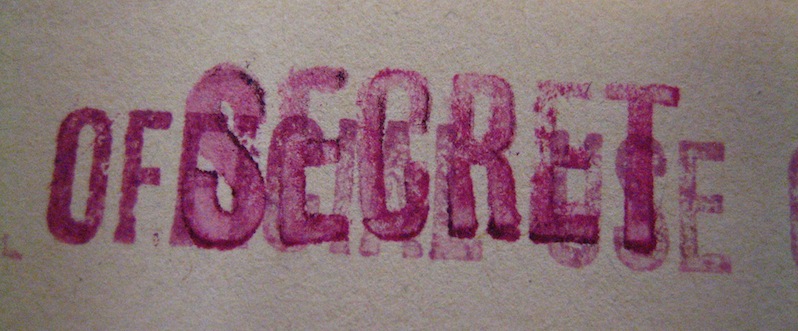
The Government’s Bill to amend the Freedom of Information Acts 1997 to 2003 is, arguably, illegal. The modern understanding of the right to Freedom of Expression embraces also the right to receive information.
Restrictions on the right to free speech and/or the right to receive information are, in principle, breaches of legal provisions safeguarding that right, including the Irish Constitution, the Universal Declaration of Human Rights, the International Covenant on Civil and Political Rights, the European Convention on Human Rights and the European Convention on Human Rights Act 2003.
Any legislation restricting those rights must itself be read restrictively to avoid any impermissible undercutting of a Constitutional or human right;
i. The Irish Constitution guarantees the liberty to freely express convictions and opinions.
ii. Article 19 of the Universal Declaration of Human Rights secures, in customary international law the following rights;
“Everyone has the right to freedom of opinion and expression; this right includes freedom to hold opinions without interference and to seek, receive and impart information and ideas through any media and regardless of frontiers”.
iii. Article 19 of the International Covenant on Civil and Political Rights secures, in customary international law the following rights:
“1. Everyone shall have the right to hold opinions without interference.
2. Everyone shall have the right to freedom of expression; this right shall include freedom to seek, receive and impart information and ideas of all kinds, regardless of frontiers, either orally, in writing or in print, in the form of art, or through any other media of his choice.
3. The exercise of the rights provided for in paragraph 2 of this article carries with it special duties and responsibilities. It may therefore be subject to certain restrictions, but these shall only be such as are provided by law and are necessary:
(a) For respect of the rights or reputations of others;
(b) For the protection of national security or of public order (ordre public), or of public health or morals.”
iv. Article 10 of the European Convention on Human Rights reads:
Everyone has the right to freedom of expression. This right shall include freedom to hold opinions and to receive and impart information and ideas without interference by public authority and regardless of frontiers. This article shall not prevent States from requiring the licensing of broadcasting, television or cinema enterprises.
The exercise of these freedoms, since it carries with it duties and responsibilities, may be subject to such formalities, conditions, restrictions or penalties as are prescribed by law and are necessary in a democratic society, in the interests of national security, territorial integrity or public safety, for the prevention of disorder or crime, for the protection of health or morals, for the protection of the reputation or rights of others, for preventing the disclosure of information received in confidence, or for maintaining the authority and impartiality of the judiciary.
v. Sections 2 and 3 of the European Convention on Human Rights Act 2003 read:
“2.—(1) In interpreting and applying any statutory provision or rule of law, a court shall, in so far as is possible, subject to the rules of law relating to such interpretation and application, do so in a manner compatible with the State’s obligations under the Convention provisions…..”
“3.—(1) Subject to any statutory provision (other than this Act) or rule of law, every organ of the State shall perform its functions in a manner compatible with the State’s obligations under the Convention provisions.”
In the light of the foregoing the Government is currently proposing, in charging up-front fees, and now advocating the adoption of an amendment to Section 12 of the Freedom of Information (Amendment) Bill 2013, to obstruct and inhibit access to public information, in direct and immediate breach of Section 3 of the European Convention on Human Rights Act 2003 and, as will in due course be shown, Article 19 of the Universal Declaration of Human Rights and Article 19 of the International Covenant on Civil and Political Rights. These Articles are part of customary international law and are binding on Ireland.
